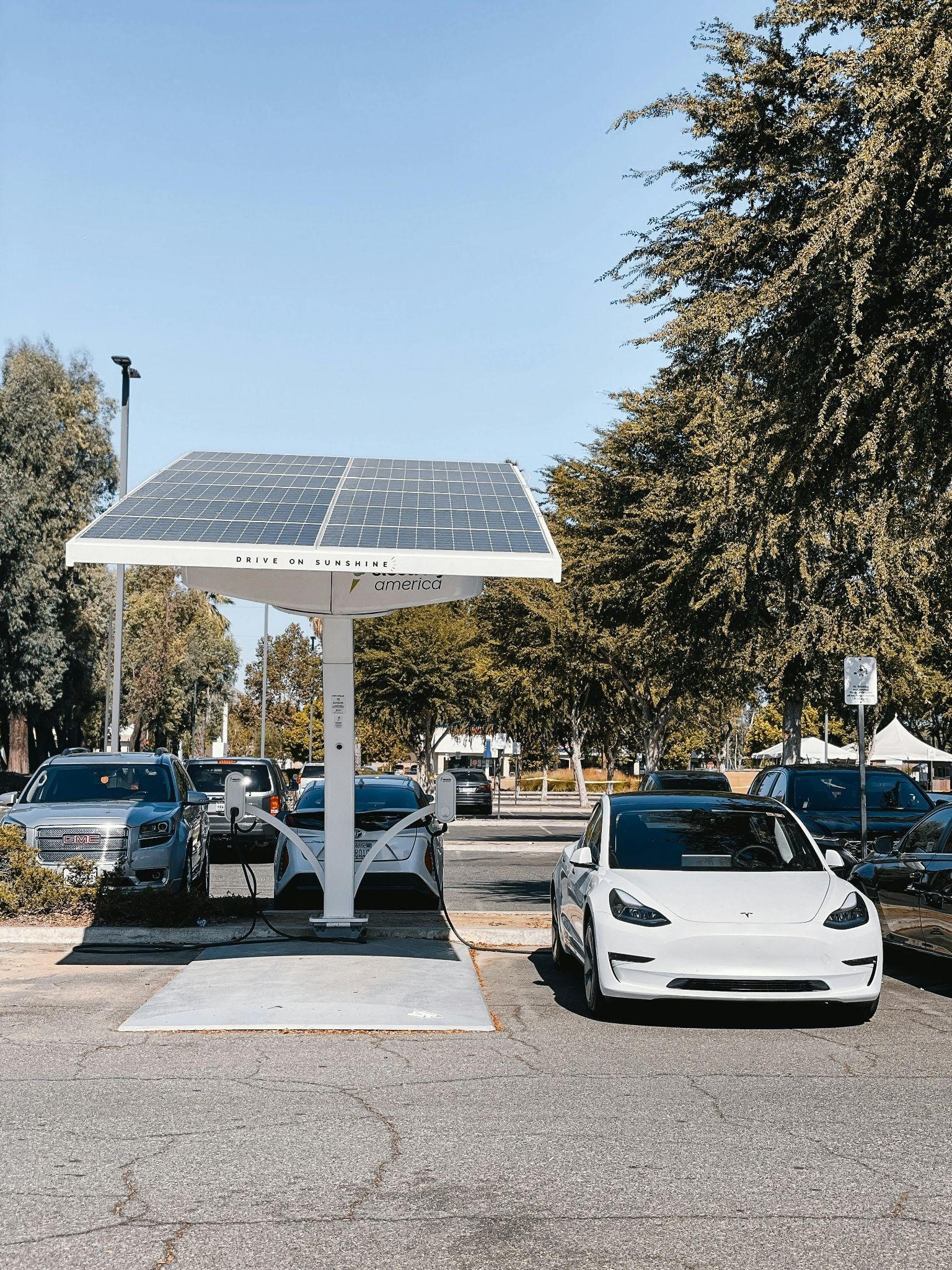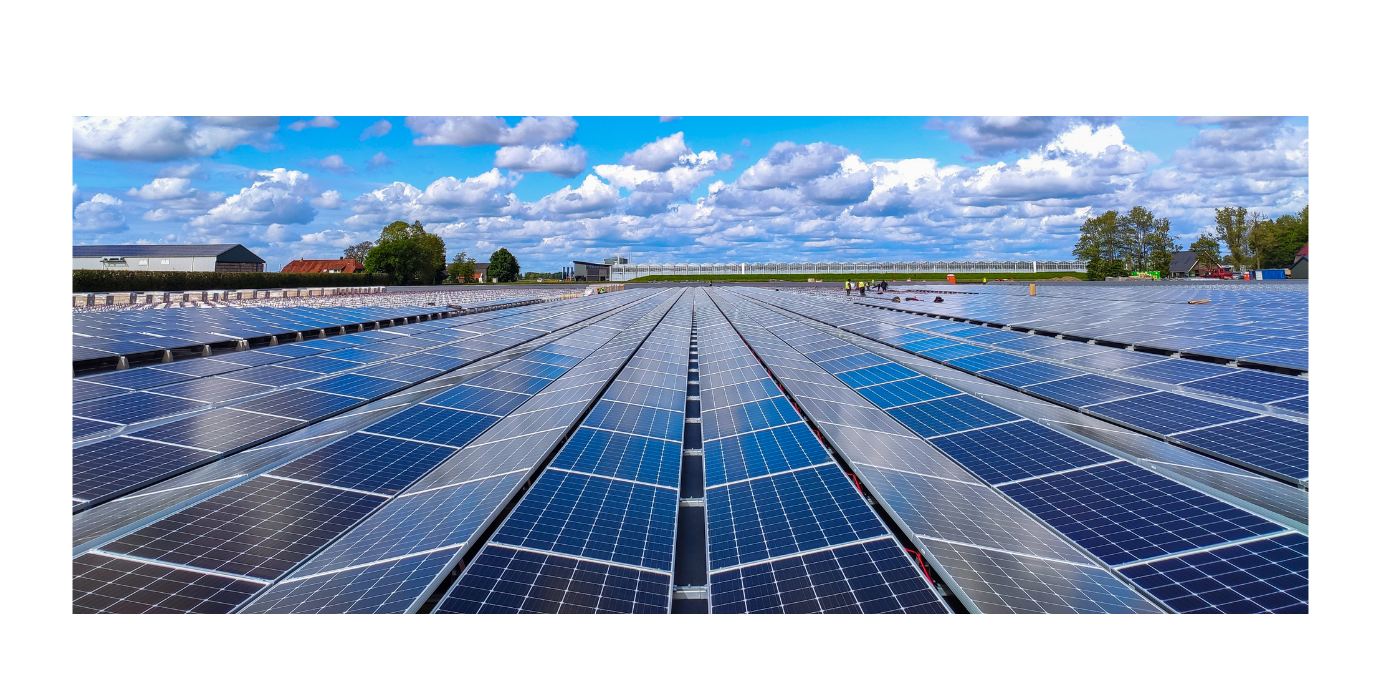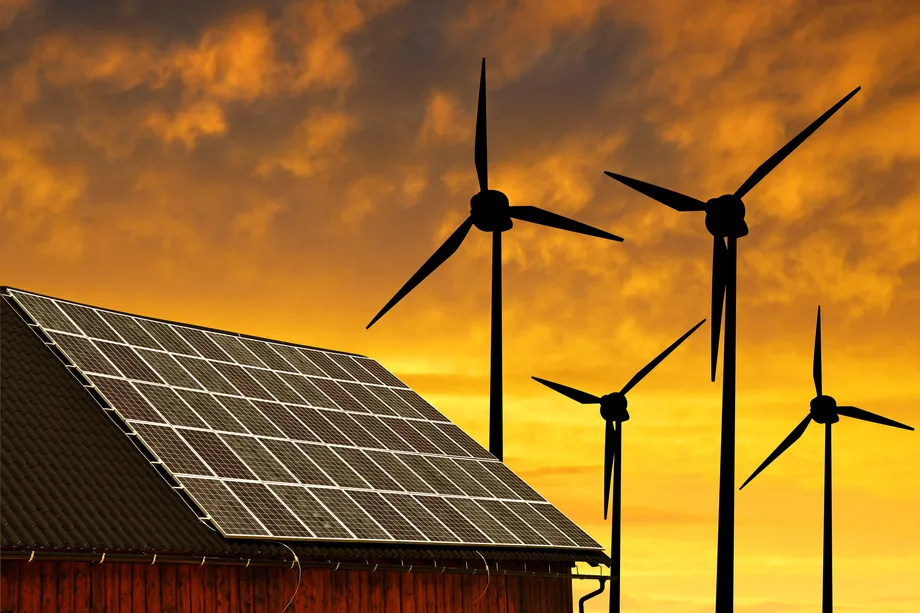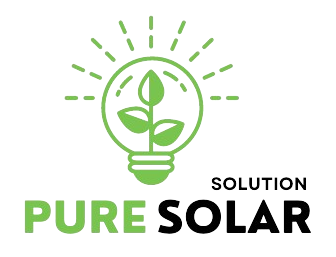In recent years, smart technology has transformed how we interact with our homes, making them more efficient, comfortable, and secure. Simultaneously, the growing emphasis on sustainability and clean energy has led to increased adoption of solar power. The convergence of these two trends has given birth to a new era in home design and functionality: solar-powered smart homes. In 2024, this innovative approach is not only shaping the future of residential living but also redefining what it means to have an eco-friendly, intelligent home.
Introduction to Solar-Powered Smart Homes
Solar-powered smart homes are residences that integrate advanced smart technologies with solar energy systems to create a highly efficient and environmentally friendly living space. These homes utilize solar panels to harness the sun’s energy, converting it into electricity to power various smart devices and systems within the house. From automated lighting and climate control to advanced security systems, these homes offer a seamless blend of convenience and sustainability.
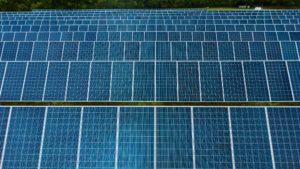
Benefits of Solar-Powered Smart Homes
-
Energy Efficiency and Cost Savings
One of the most significant advantages of solar-powered smart homes is their potential for energy efficiency and cost savings. By leveraging solar energy, homeowners can significantly reduce their reliance on traditional energy sources, leading to lower electricity bills. Smart systems like thermostats, lighting, and appliances can be programmed to optimize energy usage, further enhancing efficiency. For instance, smart thermostats can learn a household’s routines and adjust the temperature accordingly, ensuring comfort without wasting energy.
-
Environmental Impact
Solar-powered smart homes contribute positively to the environment by reducing carbon footprints. Traditional homes often rely on fossil fuels, which release harmful emissions into the atmosphere. In contrast, solar-powered smart homes utilize clean, renewable energy, significantly decreasing greenhouse gas emissions. This shift towards sustainable living is crucial in combating climate change and preserving the planet for future generations.
Key Features of Solar-Powered Smart Homes
-
Smart Energy Management
A cornerstone of solar-powered smart homes is their sophisticated energy management systems. These systems monitor energy consumption and production in real-time, allowing homeowners to optimize their energy use. For example, excess energy generated by solar panels can be stored in battery systems for later use or fed back into the grid. This capability not only ensures a constant power supply but also enables homeowners to sell surplus energy, generating additional income.
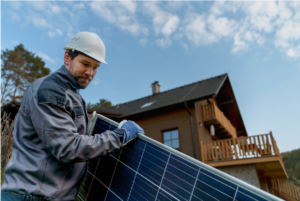
-
Advanced Home Automation
Home automation is a defining feature of solar-powered smart homes. These homes are equipped with interconnected devices that can be controlled remotely via smartphones or voice assistants. From adjusting lighting and window shades to locking doors and managing appliances, homeowners can easily control various aspects of their home environment. This level of automation enhances convenience and security, offering peace of mind to residents.
The Future of Solar-Powered Smart Homes
As we look towards the future, the potential for solar-powered smart homes is immense. Technological advancements are continually pushing the boundaries of what these homes can achieve. Innovations in solar panel efficiency, energy storage, and smart home technologies promise to make these homes even more self-sufficient and intelligent.
-
Integration with Electric Vehicles (EVs)
A noteworthy trend in the evolution of solar-powered smart homes is their integration with electric vehicles (EVs). As EV adoption grows, these homes can serve as personal charging stations, utilizing solar energy to power vehicles. This integration not only promotes sustainable transportation but also offers significant cost savings on fuel.
-
Enhanced Grid Independence
The increasing efficiency of solar panels and battery systems is paving the way for greater grid independence. In the near future, more solar-powered smart homes may become entirely self-sufficient, relying solely on solar energy and stored power. This autonomy can be particularly beneficial in areas prone to power outages or in remote locations with limited access to traditional energy infrastructure.

Conclusion
Solar-powered smart homes represent a significant leap forward in sustainable living and smart technology. In 2024, these homes offer a perfect blend of environmental consciousness and modern convenience, setting a new standard for residential living. By integrating solar energy with advanced smart systems, they provide numerous benefits, from energy efficiency and cost savings to reduced environmental impact. As technology continues to evolve, the potential for solar-powered smart homes will only grow, making them a cornerstone of a greener, smarter future.


